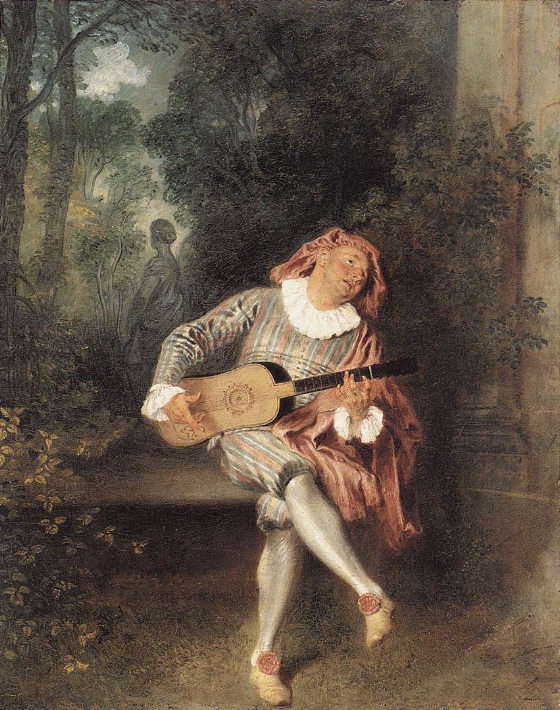
Sorting through some old copies of The New Yorker from the 1980s I ran across this by Arlene Croce from one of her dance reviews:
“One hears so much about the death of romance in the relations between the
sexes that whenever an artist manages to make a truly romantic work one
has to ask where he got the material for it. Usually, the answer is
that he got it from the past — the artist has produced a study in
nostalgia. Changing sexual attitudes are imbued with a permanent sense
of loss. How can we really have lost something, though, and kept the
appetite for it? The appetite for romance and all that goes with it —
chivalry, the graces of courtship, the charm of intimacy — is in
itself romantic. So is the idea that we have lost romance.”
I would add that romance is in some ways about loss — it expresses a
fondness for all those things that will not last, for the flight of
time and the transience of the flesh . . . it embodies a kind of
respect and gratitude for the sweetness of life’s passing, in moments
of ecstasy and in the common rounds of everyday experience, and through
that respect and gratitude — all we can offer in the face of mortal
circumstances — it builds a monument of echoes, of faithfulness and
memory, that resists the ruthlessness of time.
I think of some lines from Robert Louis Stevenson’s poem Romance:
“And this shall be for music, when no one else is near,
“The fine song for singing, the rare song to hear,
“That only I remember, that only you admire,
“Of the broad road that stretches, and the roadside fire.”
